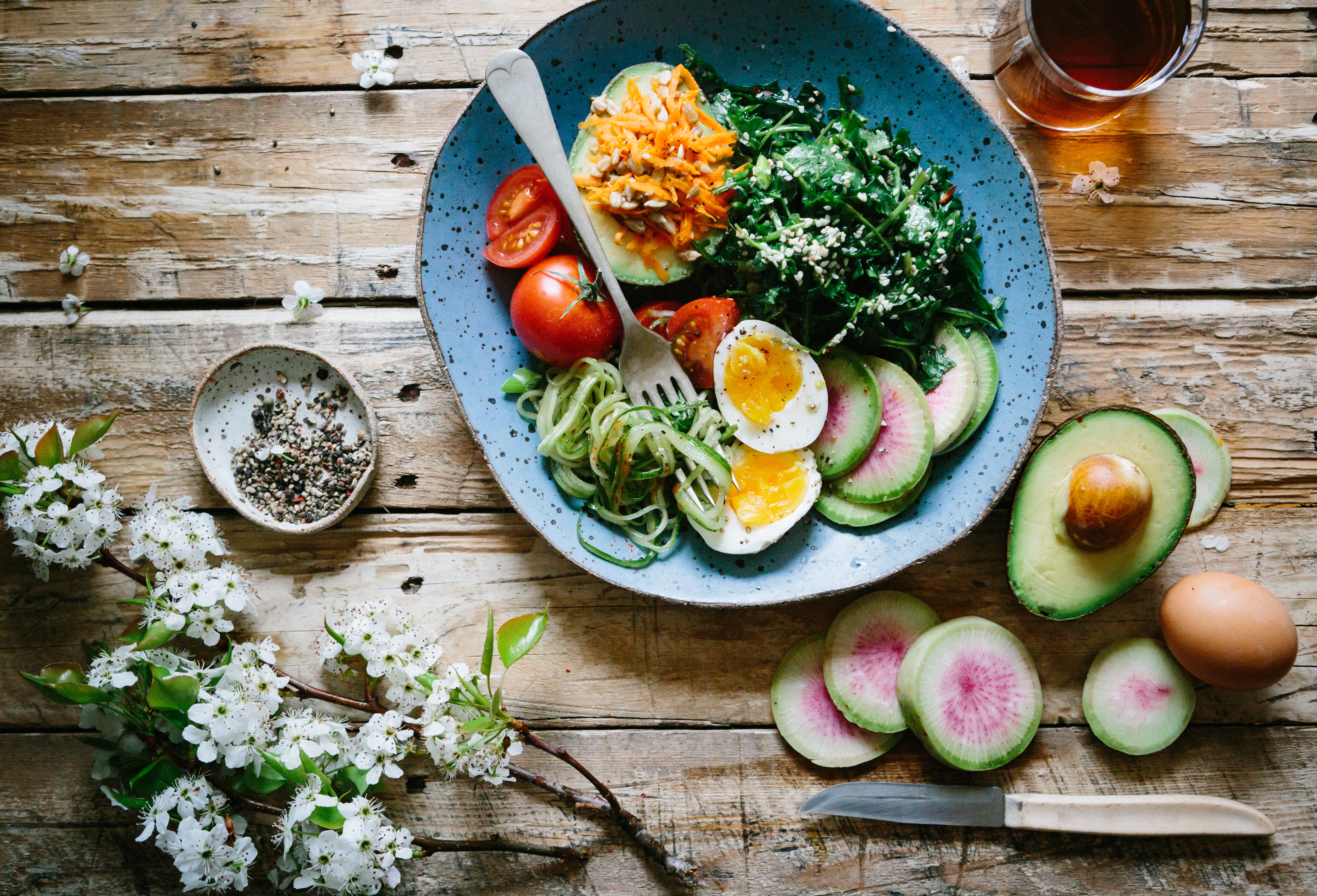
“Protein is the key ingredient for muscle building, and while the idea of eating animal protein may be the first thing on our minds, it is also important to seek out meat-free sources of protein,” says Rania Batayneh, a nutritionist who holds a master’s of public health and wrote “The One One One Diet: The Simple 1:1:1 Formula for Fast and Sustained Weight Loss.”
After all, 2017 research in the American Journal of Clinical Nutrition shows that it’s the total amount of protein that you get that matters for your muscles (not source!). Meanwhile, according to previous research in JAMA Internal Medicine, getting your protein from plants is linked with lower mortality.
That’s because, non-meat protein sources contain nutrients that pork chops and chicken breasts just don’t, Batayneh says. Think: fiber, calcium, vitamin D and phytonutrients (healthful chemical compounds found in plants).
These nutrients support not only overall health, but also running performances and fitness results. For example, calcium is vital to healthy muscle cell signaling and contractions. And phytonutrients promote post-run muscle recovery, she explains. So, when choosing where you’ll get your protein, it’s important to consider a food’s entire nutrient profile and how it will help you reach your individual fitness and muscle-strengthening goals.
Here, nutritionists share seven meat-free foods that will help you build strong, vegetarian muscle and get the most out of every run:
1. Eggs
Fun fact: Eggs are the number-one bioavailable source of protein. That means that your body can absorb and use protein from eggs better than it can protein from any other source, explains Chicago-based registered dietitian nutritionist Vicki Shanta Retelny, author of “Total Body Diet For Dummies.” She explains that the exact blend of amino acids (the building blocks of protein) contained in a food significantly impacts how much of its protein your body is able to absorb and turn into muscle. High vitamin and mineral levels also help the body more efficiently take in and use protein, she says. Eggs have both.


